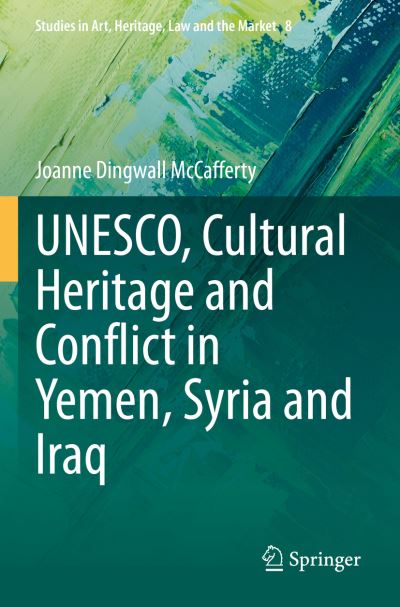
This book aims to determine UNESCO's capability to facilitate heritage protection measures pre-conflict, emergency response measures during conflict and reconstruction efforts post-conflict. The book employs document analysis to ascertain UNESCO's legal obligations when it comes to facilitating cultural heritage protection in its Member States' territories in the condition of armed conflict, while drawing comparisons with the reality of the organisation's presence and involvement in Yemen, Syria and Iraq. This study maps shifts in UNESCO's level of communication with each country's respective government and civil authorities; allocation of financial, human and material resources; and implementation of heritage safeguarding and reconstruction initiatives.
| ISBN: | 9783031196775 |
| Publication date: | 20th February 2024 |
| Author: | Joanne Dingwall McCafferty |
| Publisher: | Springer an imprint of Springer International Publishing |
| Format: | Paperback |
| Pagination: | 269 pages |
| Series: | Studies in Art, Heritage, Law and the Market |
| Genres: |
Public international law: humanitarian law Cultural studies Human rights, civil rights Methods, theory and philosophy of law Public international law Museology and heritage studies Peace studies and conflict resolution |